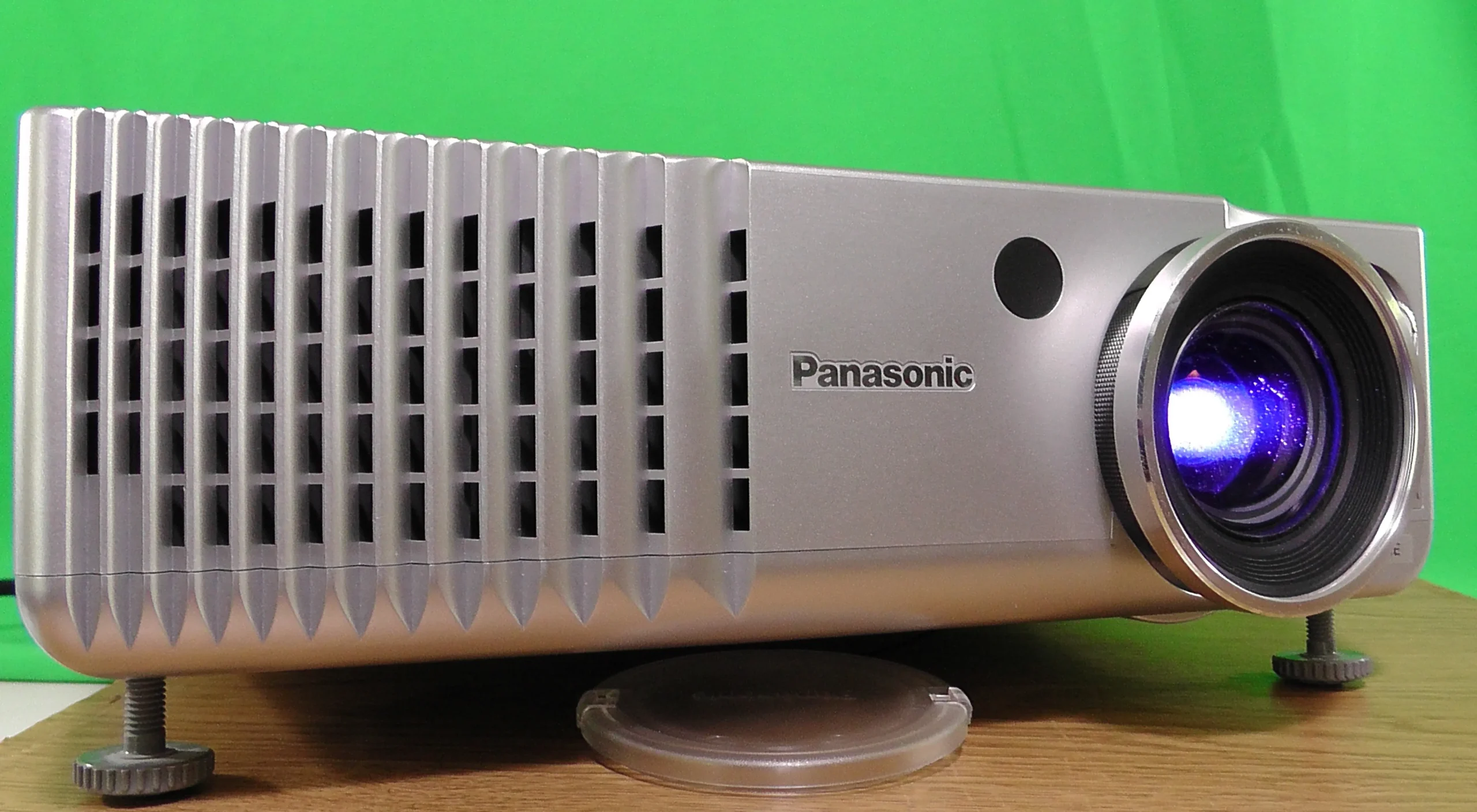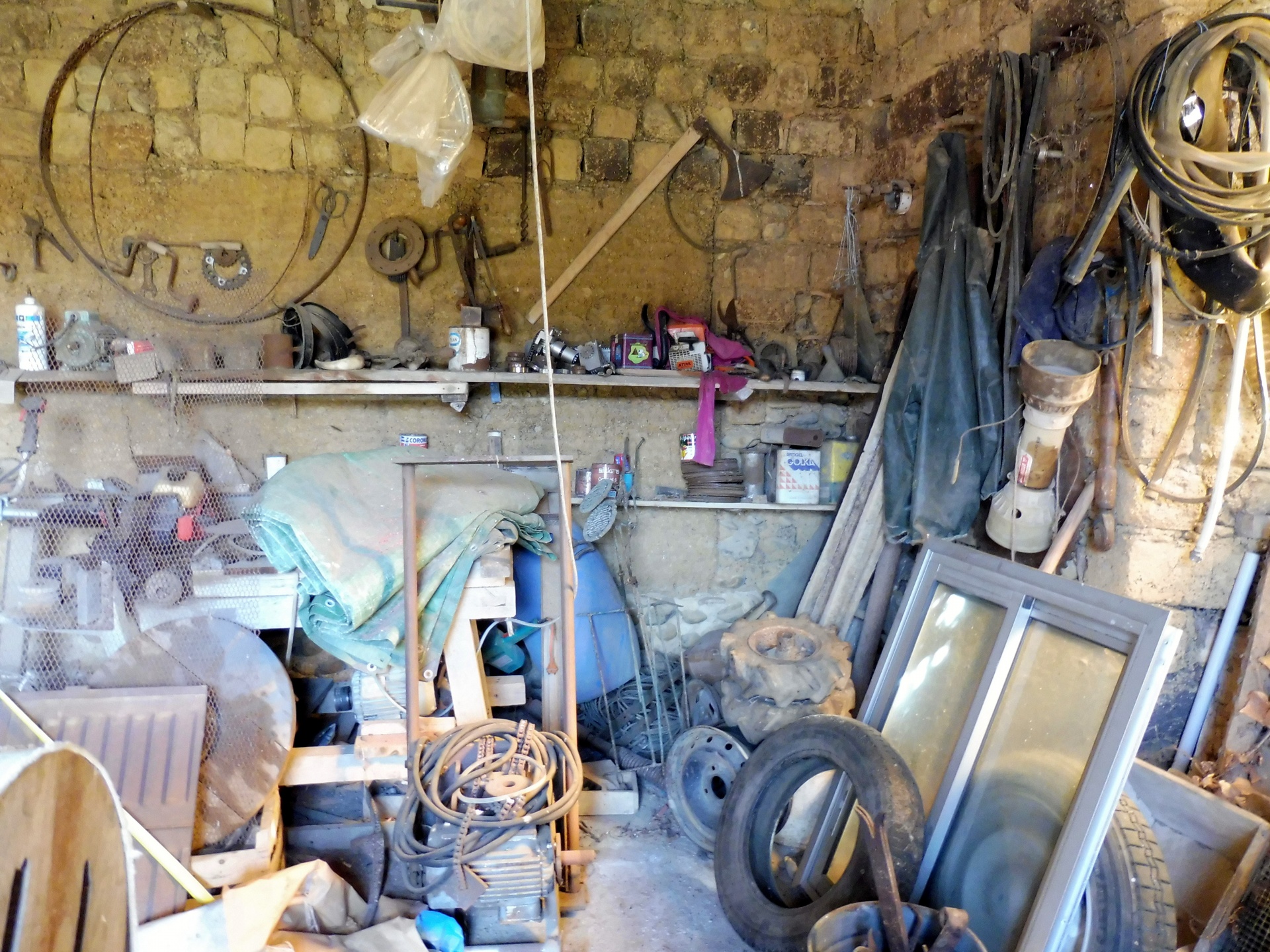Is a Projector the Right Choice to Replace Your TV? A Comparison of Image Quality, Cost-effectiveness, and More!
As a handyman who is good at fixing things, you are always looking for ways to improve your home setup. One question that may have crossed your mind is whether a projector can replace your TV. With so many options available, it can be overwhelming to try and understand the differences between projectors and TVs.
In this article, we have outlined the pros and cons of using a projector as a TV replacement and compared the image quality and resolution between projectors and TVs. We will also assess the cost-effectiveness of projectors vs. TVs, and highlight additional factors you need to consider when making your decision.
So, if you’re curious about whether a projector could replace your TV and want to make an informed choice, read on to learn more!

Understanding the difference between projectors and TVs.
As a handyman, you’re always on the lookout for ways to improve your home entertainment system. When it comes to choosing between a projector and TV, there are some key differences that you need to be aware of before making your decision.
Firstly, projectors offer larger screen sizes than TVs. This means that if you want an immersive viewing experience, a projector may be the way to go. However, this also means that projectors require more space and light control in order to achieve optimal picture quality.
On the other hand, TVs offer higher resolution and brightness than most projectors on the market. They also require less maintenance than projectors as they don’t have bulbs or lenses that need replacing over time.
Another important consideration is cost. While high-end TVs can be expensive, they tend to be more affordable in comparison with premium-quality projectors which can cost thousands of dollars for top-of-the-line models.
Ultimately it all boils down personal preferences – whether its screen size or image quality- both options have their own pros and cons . So take into account factors like budget , space available , ambient lighting conditions etc., before deciding between these two great alternatives!
Pros and cons of using a projector as a replacement for a TV.
When it comes to replacing your TV with a projector, there are pros and cons to consider. As a handyman who is good at fixing things, you may be interested in exploring this alternative option.
Pros:
• A projector can provide a larger screen size than most TVs, making it ideal for movie nights or sports games.
• Projectors are often more affordable than large-screen TVs.
• They’re also portable and easy to move around if necessary.
• Projectors don’t emit blue light like traditional TVs do, which can lead to eye strain.
Cons:
• You’ll need a dark room for the best viewing experience as projectors struggle with ambient light. This might mean you have to invest in blackout curtains or blinds.
• The image quality of projectors isn’t always on par with high-end televisions. While some models offer 4K resolution, many others only display 1080p or even less.
• If you plan on using your projector frequently (like an everyday TV), then bulb replacement costs could add up over time.
Ultimately, whether or not you should replace your TV with a projector depends on what’s important for you: screen size vs image quality vs cost-effectiveness. But one thing is certain – projectors are becoming increasingly popular alternatives that offer unique benefits worth considering!
Comparing the image quality and resolution between projectors and TVs.
If you’re considering whether a projector can replace your TV, it’s important to compare the image quality and resolution of both options.
When it comes to image quality, projectors have come a long way in recent years. With advancements in technology, they can now produce stunningly clear images that rival those of high-end TVs. However, there are still some limitations to consider.
One factor is ambient light. Projectors work best in dark rooms with minimal light interference. If you plan on using the projector during daytime or with lights on, you may experience diminished image quality compared to a TV.
Resolution is another important consideration. While most modern TVs offer 4K resolution (or even higher), projectors typically max out at 1080p or 4K (with some exceptions). This means that while the projected image may be larger than your typical TV screen, it may not be as sharp or detailed.
That being said, projectors do offer unique benefits that TVs cannot match – namely their ability to create massive screens for an immersive viewing experience. So if you’re looking for a home theater setup and don’t mind sacrificing some resolution and dealing with lighting considerations ,a good projector could very well replace your typical set up completely!
Assessing the cost-effectiveness of projectors versus TVs.
As a handyman who is always looking for ways to improve your home entertainment system, you may be wondering if a projector can replace your TV. While projectors offer larger screen sizes and more immersive viewing experiences, they also come with some drawbacks that must be considered when assessing their cost-effectiveness compared to TVs.
Firstly, projectors require a dark room for optimal viewing conditions. This means that if you have windows or other sources of light in the room where you plan on using the projector, you may need to invest in blackout curtains or blinds. Additionally, projectors generally have lower brightness levels than TVs which can make it difficult to see images clearly in brightly lit environments.
Secondly, while the initial investment cost of a projector may seem cheaper than buying a high-end TV set at first glance; there are additional costs associated with owning and maintaining one over time. Projector lamps need periodic replacement after every 2000-3000 hours of usage which could still take up $100-$400 per replacement depending on its quality and brand.
On the other hand,TVs are much easier to maintain as they don’t require any special lighting conditions or lamp replacements unlike projectors do over time.TV sets also last longer without needing any major repairs compared with most models of Projector .
Ultimately whether investing in purchasing either depends largely on individual preferences based on factors such as fulfilling specific needs like portability/projected image size requirements , lumen output required etc., budget constraints among others.
In conclusion,the decision between choosing between TV sets versus Projector comes down entirely based upon what kind experience user’s desire from their home entertainment system coupled alongside long-term maintenance costs implications aside its initial purchase price point .
Additional factors to consider when deciding between a projector and a TV include…
When it comes to deciding between a projector and a TV, there are several factors that go beyond image quality and screen size. As a handyman who is good at fixing things, you know that making an informed decision requires considering all aspects of the two options.
One important factor to consider is the room’s lighting conditions. A projector may be ideal for darker rooms as it can produce more vivid colors and deeper blacks in low light settings. However, if your room has lots of windows or other sources of natural light, then a TV may be better suited as they do not require complete darkness to achieve optimal picture quality.
Another consideration is sound quality. While both projectors and TVs come with built-in speakers, they often fall short in terms of delivering high-quality audio output. In this case, investing in external speakers or sound bars will improve your home theater experience regardless of which option you choose.
Additionally, portability should also be taken into account when choosing between these two alternatives. Projectors offer flexibility by allowing you to move them around different areas within your home or take them on outdoor events such as movie nights under the stars while TVs tend to have limited mobility due their larger size.
In conclusion , weighing up these additional factors alongside image quality against required usage needs will help ensure that whichever choice you make between projector or TV aligns with what suits best for yourself .
Conclusion
So, when deciding whether a projector or TV is right for you, think about how the two compare in terms of image quality and resolution, cost-effectiveness, convenience features and more. It may take some research to decide which option will work best for your setup – but with all these considerations laid out here in mind it should be an easy decision. Now get out there and make sure you’re getting the most bang for your buck when replacing that old TV!
![Projector with WiFi and Bluetooth [Electric Focus & Keystone] 4K](https://m.media-amazon.com/images/I/51xyntcT7hL._SL500_.jpg)

![[Electric Focus/4K Support] Projector with WiFi and Bluetooth, Agreago 1080P](https://m.media-amazon.com/images/I/51p2HPIH95L._SL500_.jpg)
![[Auto Focus + Auto Lens Cover] Projector 4K with WiFi-6](https://m.media-amazon.com/images/I/51NnIYKYlmL._SL500_.jpg)
![[Auto Focus/5" LCD] Outdoor Projector 4K with WiFi 6 and](https://m.media-amazon.com/images/I/51YQcj6jyaL._SL500_.jpg)










